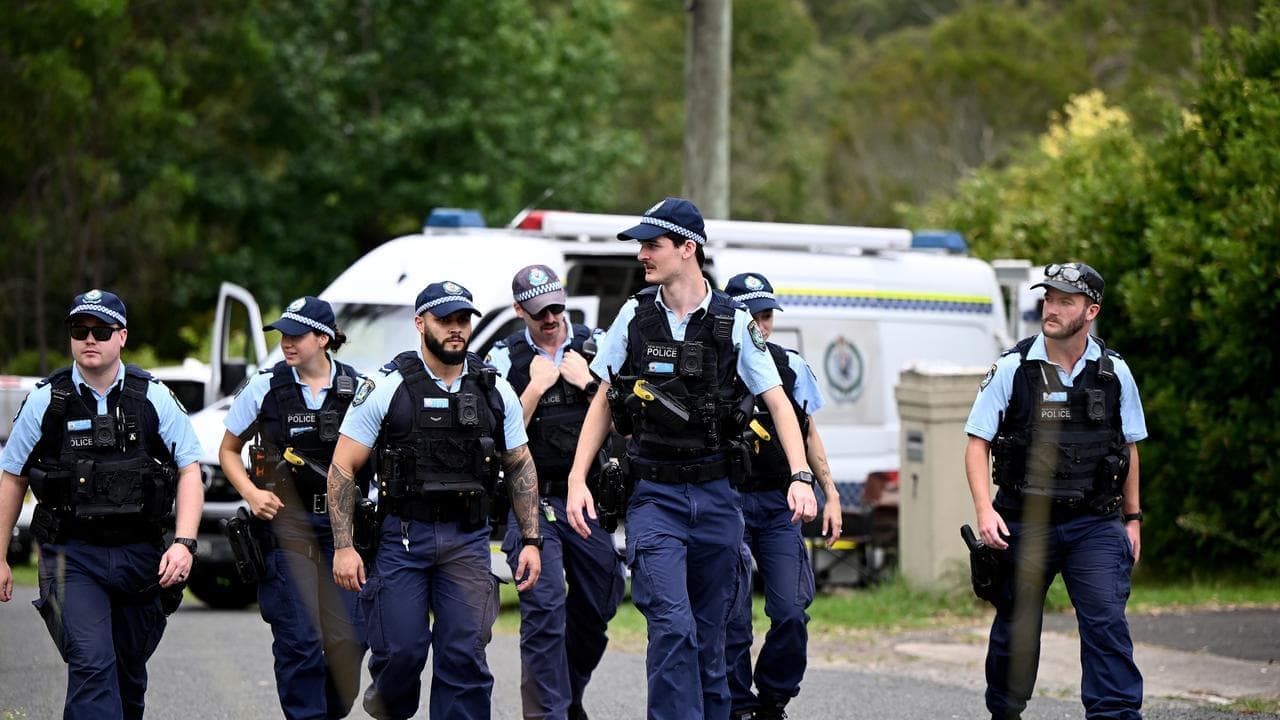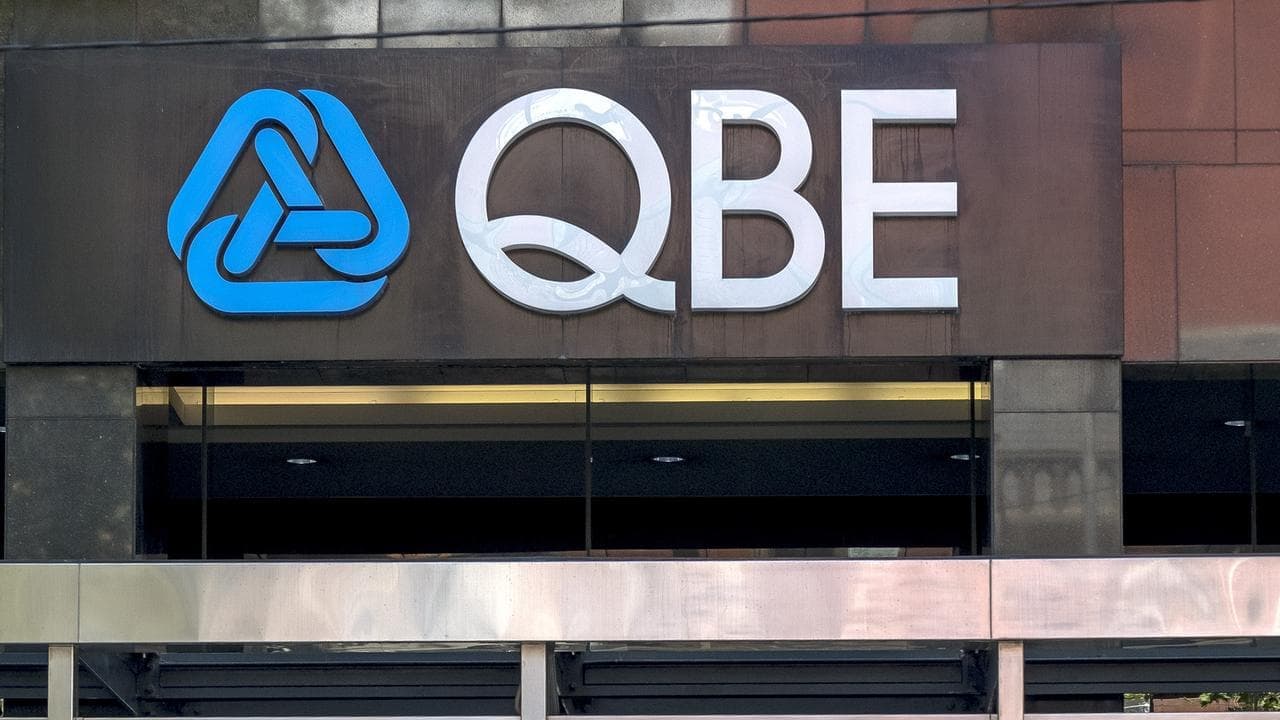WHAT WAS CLAIMED
The UN Sendai Framework was used to allow COVID-19 vaccines to skip standard Australian vaccine testing.
OUR VERDICT
False. COVID-19 vaccines did not skip standard testing. The Sendai Framework focuses on disaster risk reduction and is unrelated to vaccine approvals.
A Facebook post from a former political candidate claims a United Nations (UN) agreement about disaster risk reduction was used to bypass standard testing procedures for COVID-19 vaccines.
Former crown prosecutor Josephine Cashman, who stood as a One Nation candidate in the 2022 federal election, made the claim in a November 21 post (archived here) which describes how the Australian government "suspended democracy over the Covid pandemic period".
"Did you know that the Build Back Better framework (Sendai framework) was designed by Bill Clinton while working with the UN, & was the device that suspended Australian democracy over the Covid pandemic period? This saw the Covid vaccine skip the standard Australian testing processes for vaccines to make sure it does not cause cancer or fiddle with our DNA, the Australian people have come to trust this, so it is not surprising this was used to divide the nation," it reads.
However, the vaccines did not skip standard testing processes. Experts also told AAP FactCheck that the Sendai Framework is a non-binding UN agreement which addresses risk from natural hazards - such as cyclones, bushfires and floods - and is not related to vaccine testing and approvals.

A spokeswoman for the Therapeutic Goods Administration (TGA) told AAP FactCheck that COVID vaccines available in Australia were evaluated under the provisional approval pathway, which existed prior to the pandemic.
"All provisionally approved vaccines meet the TGA's high standards of safety, quality, and efficacy," the spokeswoman said in an email. "A large team of technical and clinical experts has carefully reviewed clinical trial data, non-clinical and toxicology studies, as well as chemistry and manufacturing information, to ensure that the strict standards are met."
Results for various preclinical and clinical trials are discussed in the TGA's Australian Public Assessment Report for each of the vaccines.
The Pfizer, Moderna, AstraZeneca and Novavax vaccines all underwent safety, immunogenicity, efficacy, toxicology and developmental and reproductive toxicology tests.
Carcinogenicity and genotoxicity trials, which check for cancer risk and damage to DNA respectively, are not required for COVID-19 vaccines as they do not enter the nucleus and therefore cannot cause cancer or DNA damage.
Associate Professor Paul Griffin, an infectious diseases physician and microbiologist at the University of Queensland, said any carcinogenic or genotoxic concerns would have been flagged in the early toxicology tests.
"The animal toxicology was definitely done and that's a requirement for pre-clinical studies to enter human trials," he said in a phone interview.
"Carcinogenicity and genotoxicity … would certainly be established in those animal toxicology studies if it were an issue. It's really not something that's biologically plausible with these vaccines for that to be a problem."
University of Technology Sydney infectious disease expert Dr Jane Frawley agreed, telling AAP FactCheck that vaccines, including mRNA vaccines, do not require specific carcinogenicity or genotoxicity testing as they don't have carcinogenic or genotoxic potential.

This is in line with international standards, according to the Department of Health and Aged Care.
"International guidance on the data requirements for the vaccines is that animal genotoxicity and carcinogenicity studies are normally not needed for final vaccine formulations," a spokeswoman said in an email. "The reason for this WHO policy, which is adopted widely, is that unlike medicines, vaccines are not administered on a regular daily basis for months or years" (page 50).
While not necessarily required, genotoxicity tests were still conducted on the Moderna vaccine and the Novavax vaccine's adjuvant - an ingredient frequently used in vaccines to enhance the immune system's response. Both vaccines were found to be non-genotoxic - see here (page 17) and here.
The claims that COVID vaccines can change a person's DNA or cause cancer have been repeatedly debunked - see here, here, here, here, here, here and here.
The UN framework described in Ms Cashman's post is not related to vaccine testing and approval procedures.
The United Nations Sendai Framework for Disaster Risk Reduction 2015–2030 is a non-binding agreement which aims to prevent and reduce disaster risk. It was introduced to the UN by former US president Bill Clinton in 2015 at the Third UN World Conference on Disaster Risk and Reduction in Sendai, Japan.

The framework has seven targets and four priorities for action, which include aims to reduce global disaster mortality, minimise damage to critical infrastructure and invest in early warning systems.
"Build Back Better" - referenced in the post - is one of the framework's four priorities and is a strategy for recovery, rehabilitation and reconstruction following disaster events.
A spokesman for the Department of Health and Aged Care told AAP FactCheck that "the Sendai Framework did not play any role whatsoever relating to the TGA's vaccine testing and approval procedures".
Jonathan Abrahams, an associate professor of disaster risk management and resilience at Monash University, said the "focus of Australia's principal strategy for the Sendai Framework is on natural hazards".
Mr Abrahams pointed to the National Disaster Risk Reduction Framework, which guides Australia's efforts to reduce risk associated with natural hazards.
The national framework "translates the first three Sendai Framework priorities into action for the Australian context … the fourth priority of the Sendai Framework is largely progressed through other national strategies, primarily the Australian Disaster Preparedness Framework" (page 6).
AAP FactCheck has previously debunked claims made by Ms Cashman here.
The Verdict
The claim the Sendai Framework allowed standard testing processes for COVID vaccines to be skipped is false. The TGA evaluated COVID vaccines under the provisional approval pathway and reviewed preclinical and clinical trial data, assessing safety, efficacy, immunogenicity and reproductive and developmental toxicology tests. Carcinogenicity and genotoxicity trials are not required for COVID vaccines as they do not enter the nucleus and therefore are not needed.
Additionally, the Sendai Framework is a non-binding UN agreement which outlines goals and priorities for reducing disaster risk. It does not relate to vaccine testing or approval.
False - The claim is inaccurate.
AAP FactCheck is an accredited member of the International Fact-Checking Network. To keep up with our latest fact checks, follow us on Facebook, Twitter and Instagram.












